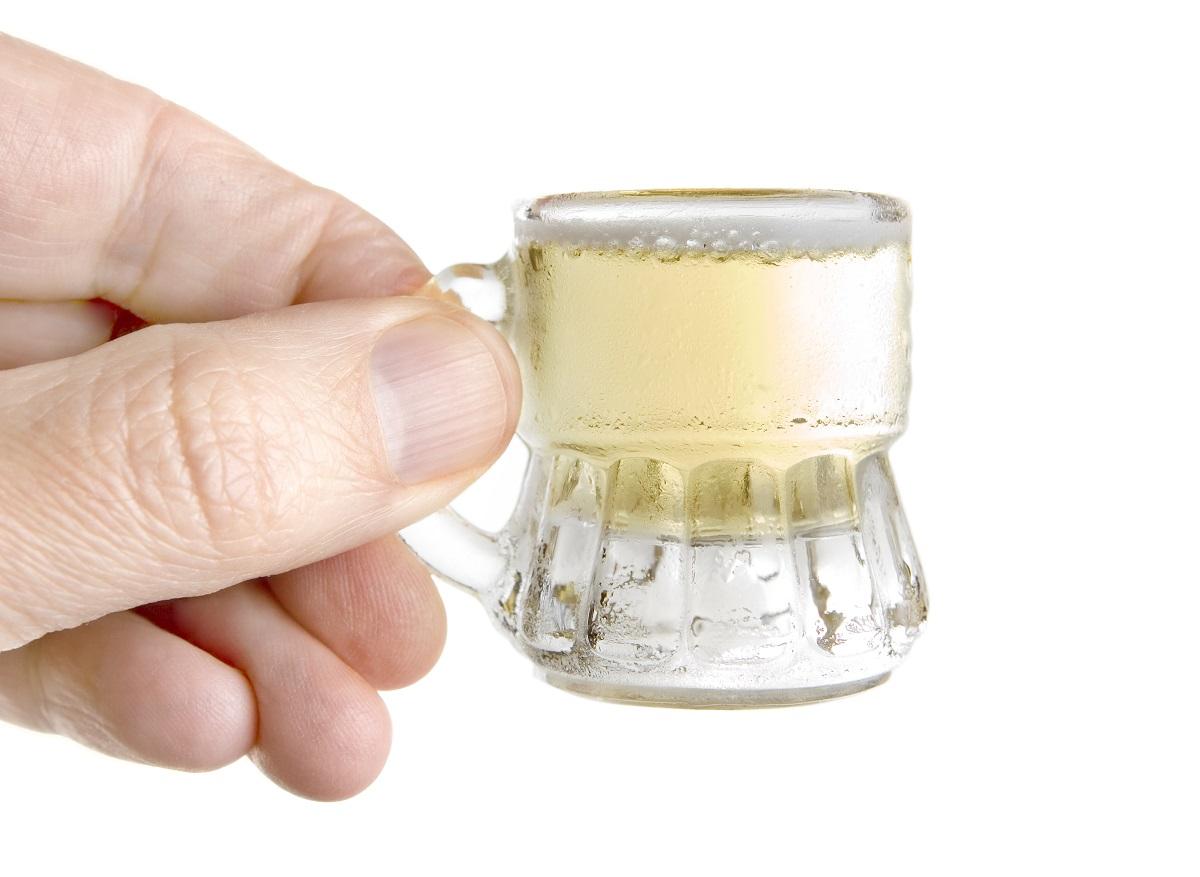The link between antidepressants and dental implants is not obvious. However, according to a recent study by the University at Buffalo (United States), the regular consumption of these drugs would considerably complicate implantology operations…
In France, 50,000 to 60,000 dental implants are placed each year by healthcare professionals, with a success rate of approximately 95%. These are artificial roots (usually made of titanium) which are implanted in the gum in order to subsequently support a dental prosthesis (a crown or a bridge, for example). After the implantology operation (which lasts approximately 1h30, under local anesthesia), it is necessary to wait between 2 to 4 months, the time for the bone to reform around the implant, to stabilize and consolidate it. This is the osseointegration phase.
Antidepressants weaken bones
Problem: according to American researchers, antidepressants disrupt this process of osseointegration. For a regular consumer, the risk of failure would even be multiplied by four! The scientists (who analyzed all the medical data of patients from an American clinic for 1 year) thus observed that 33% of patients who suffered a dental implantation failure were taking antidepressant drugs.
“Antidepressants have many side effects,” says Latifa Bairam, lead author of these jobs which will be presented on March 19, 2016 at the American Association for Dental Research Conference. “Among these, there is an increased risk ofosteoporosis and of bruxism (it’s about grinding your teeth). This can prevent proper integration of the dental implant. “. As a reminder, each year, the French consume 150 million boxes of psychotropic drugs (anxiolytics, antidepressants, sleeping pills, etc.)*. Not great for our teeth!
To read: among seniors, one in three prescriptions corresponds to antidepressants.
*source: Health Insurance, 2000 statistics


















